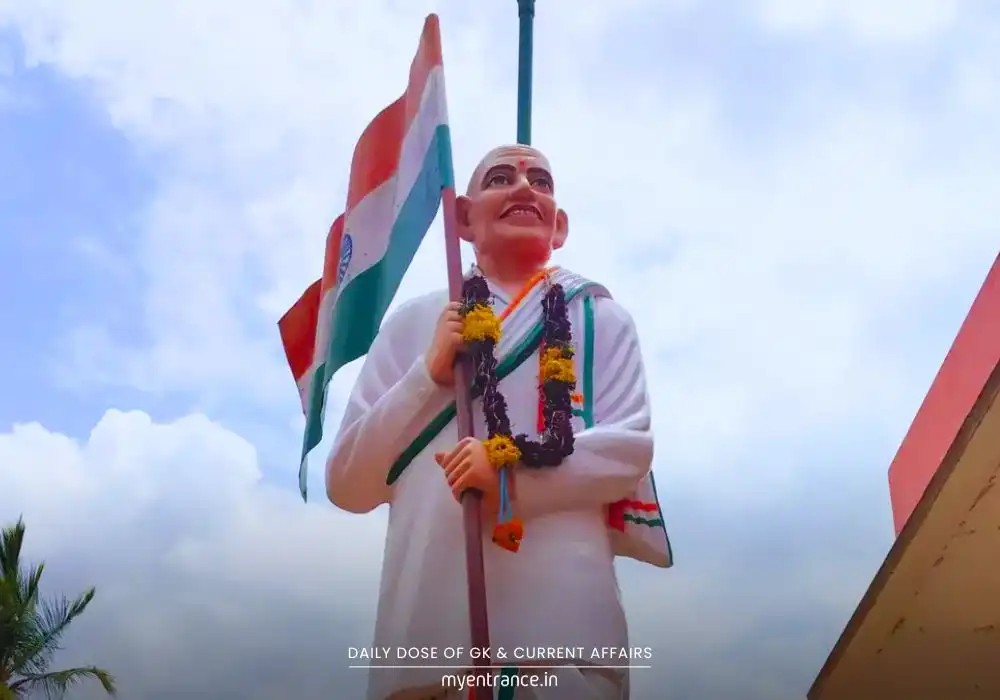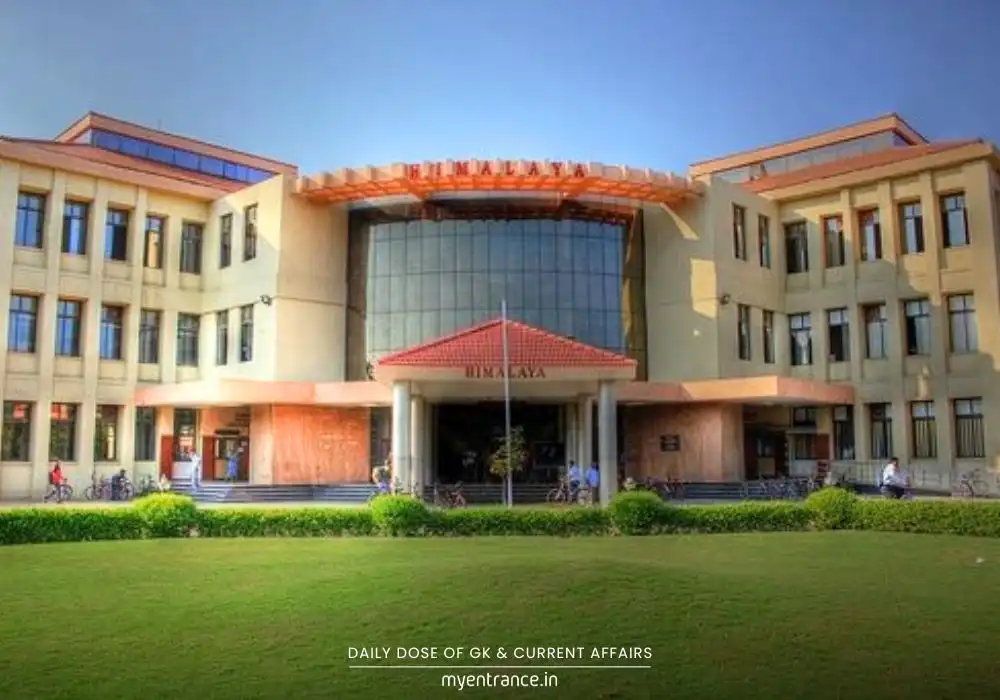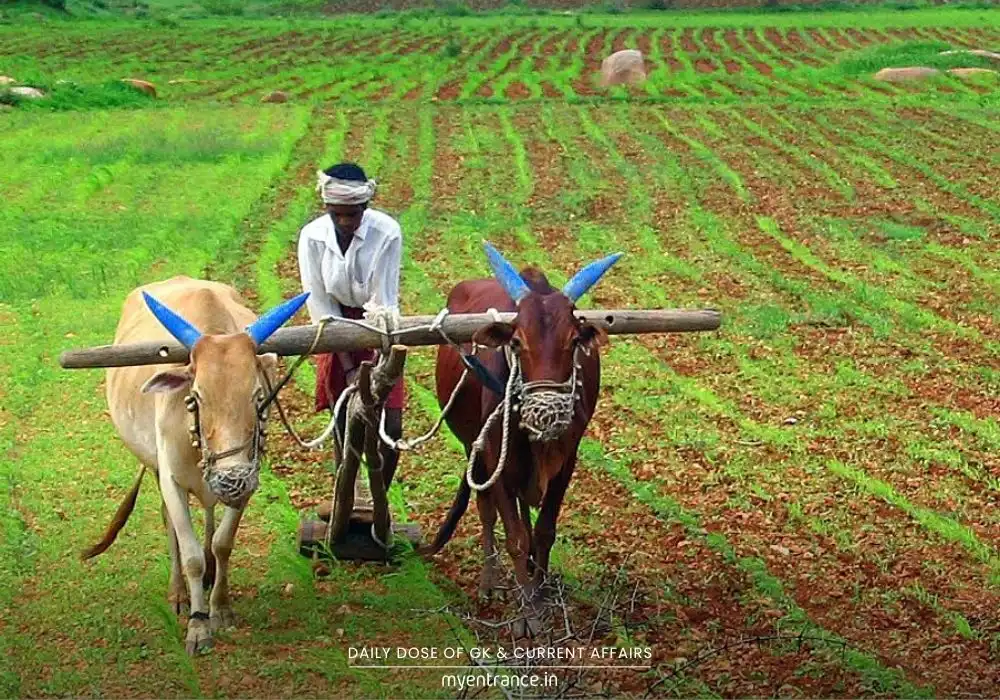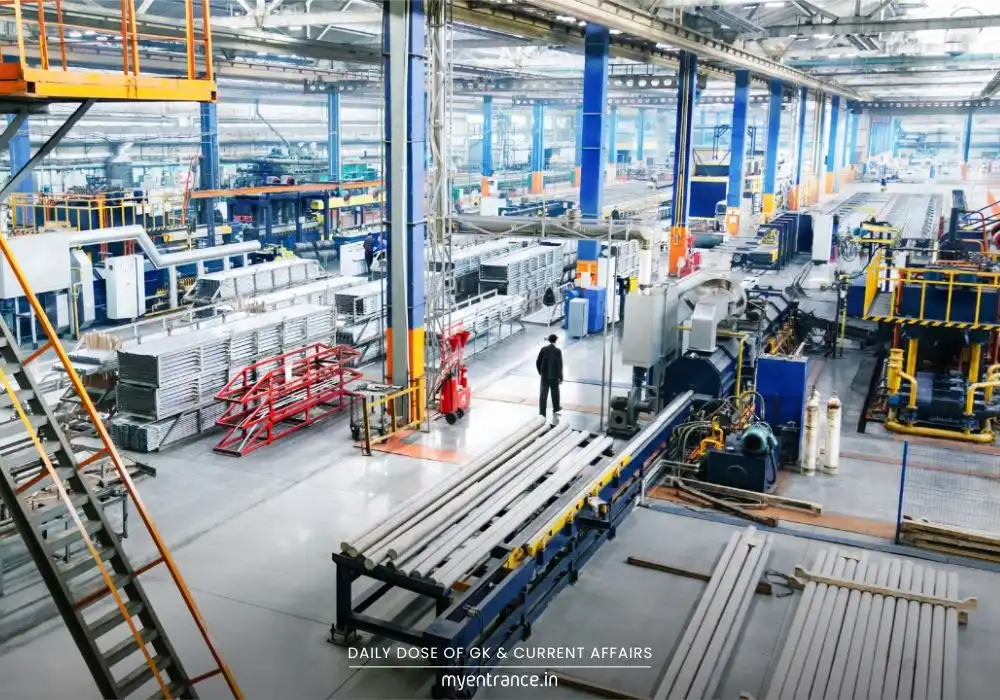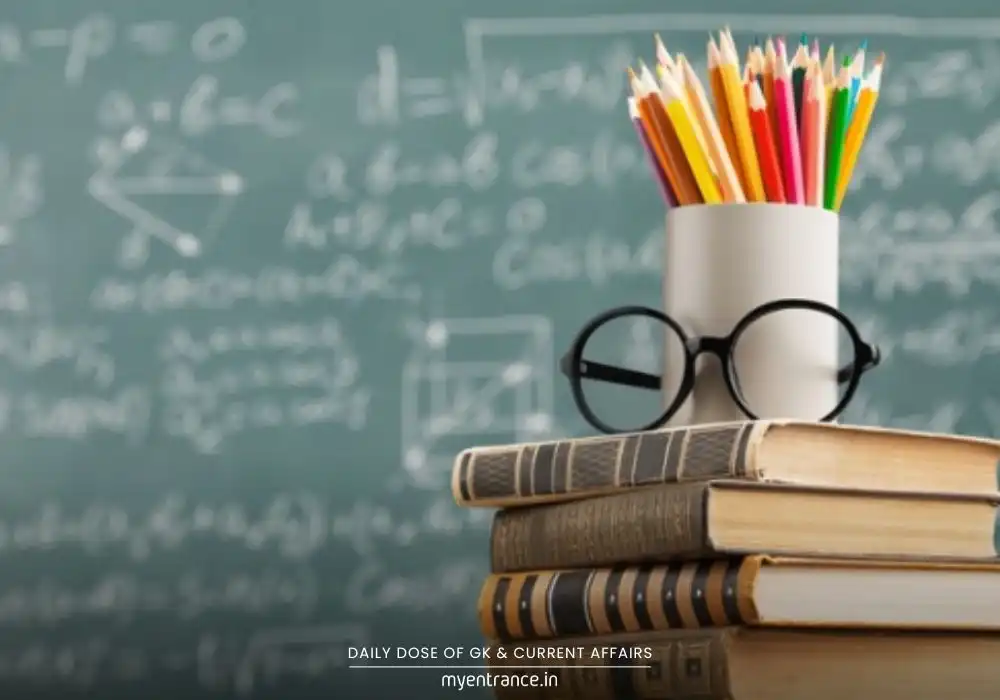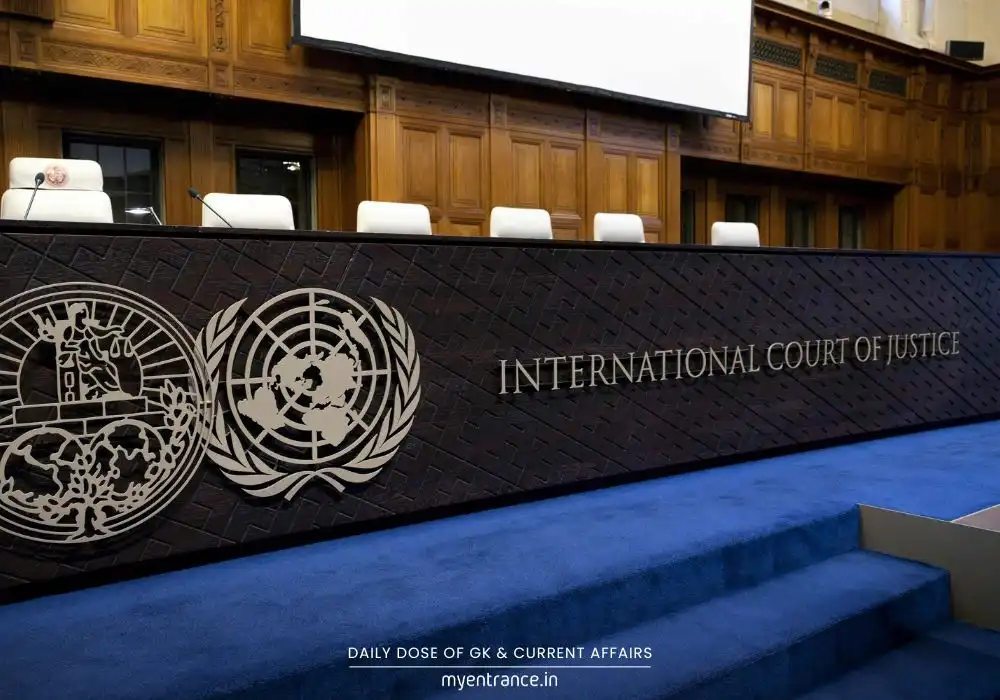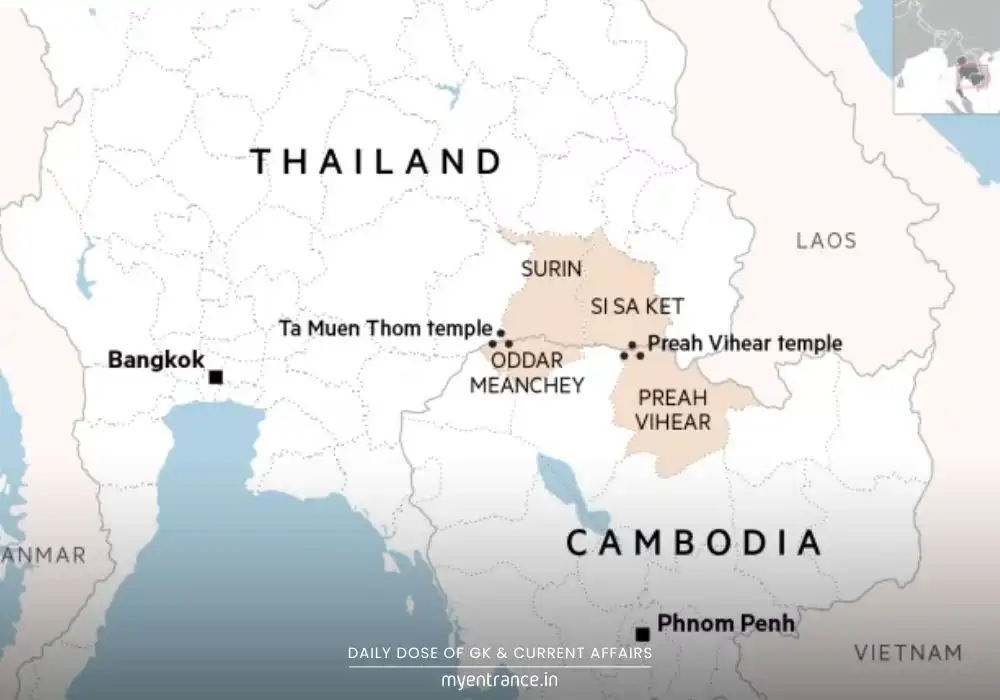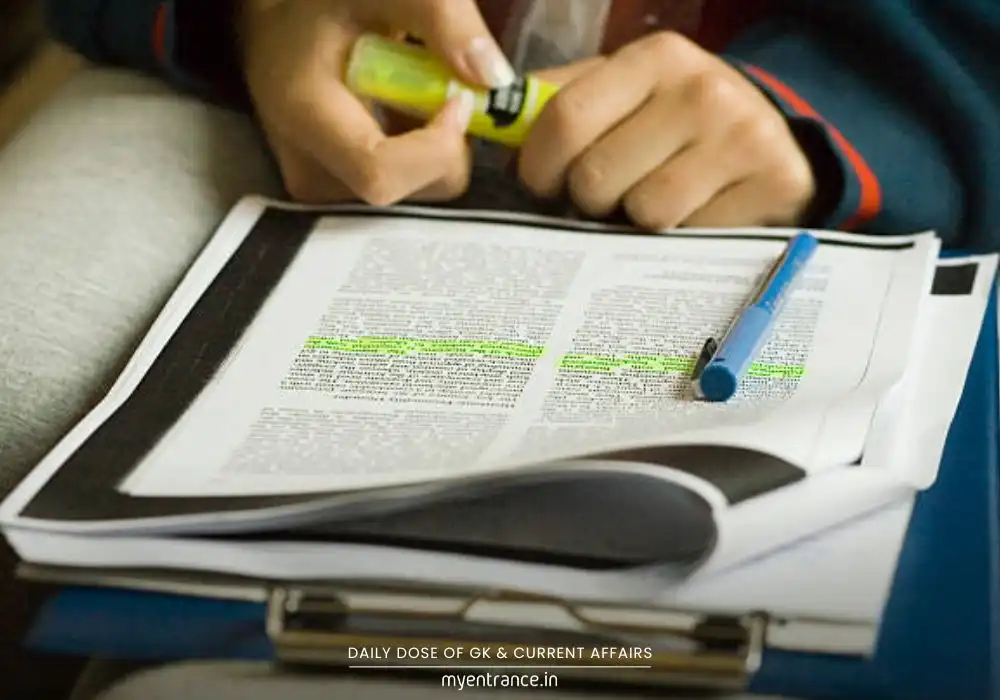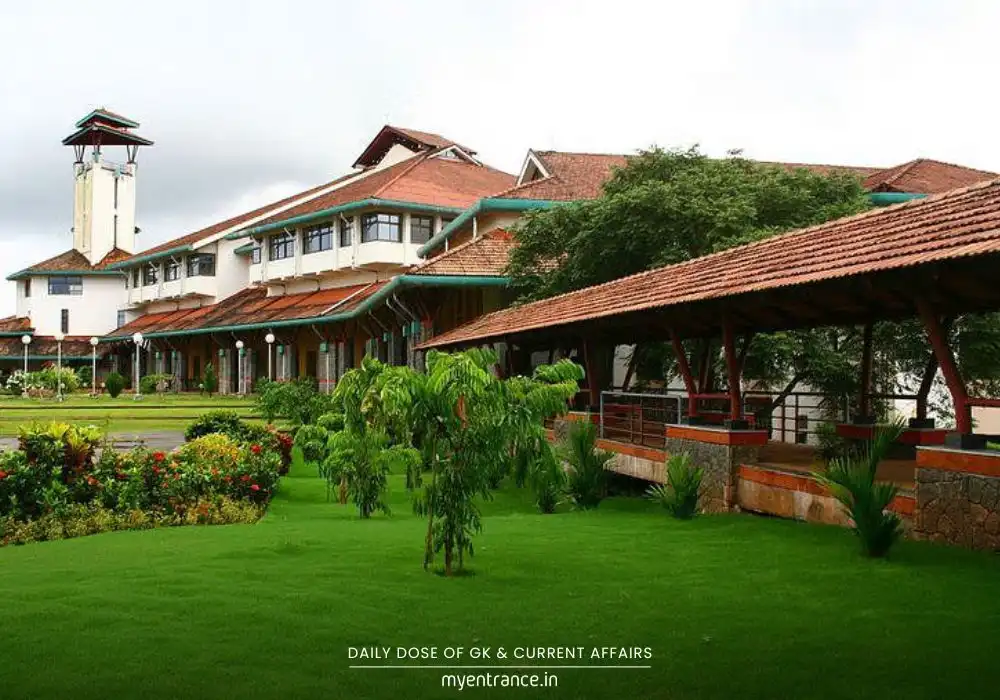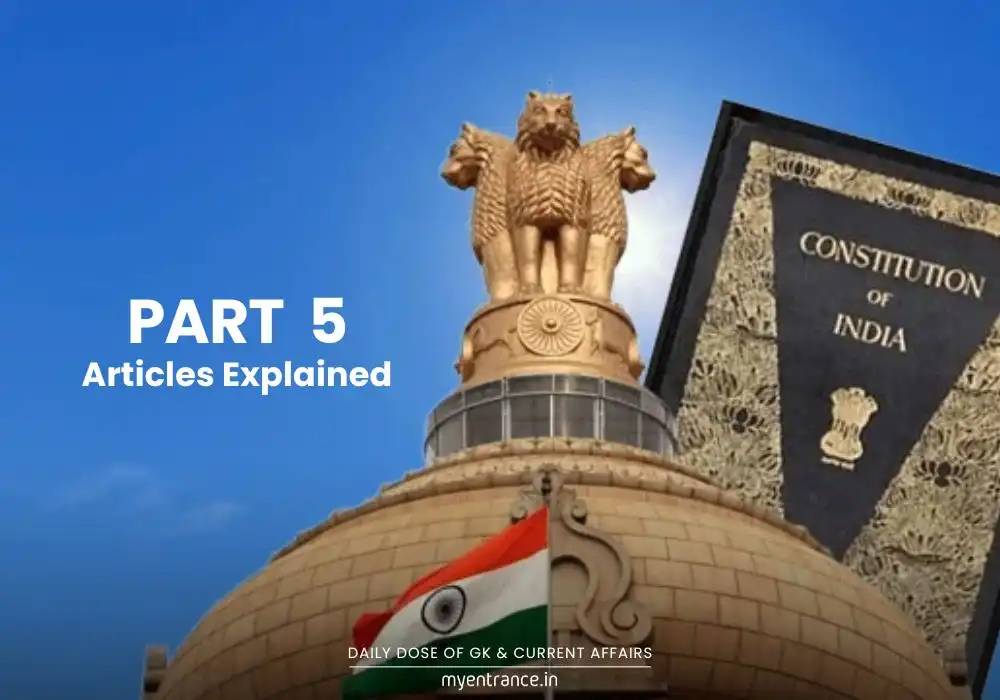Translate Language
Judges (Protection) Act 1985 Explained: SC’s Landmark Stand on Justice Varma Case
The Supreme Court’s recent hearing on Justice Yashwant Varma’s plea against an in-house inquiry spotlights a critical legal conflict. At stake is the balance between judicial independence and accountability under the Judges (Protection) Act, 1985. This case offers deep insights into constitutional mechanisms every exam aspirant must grasp.
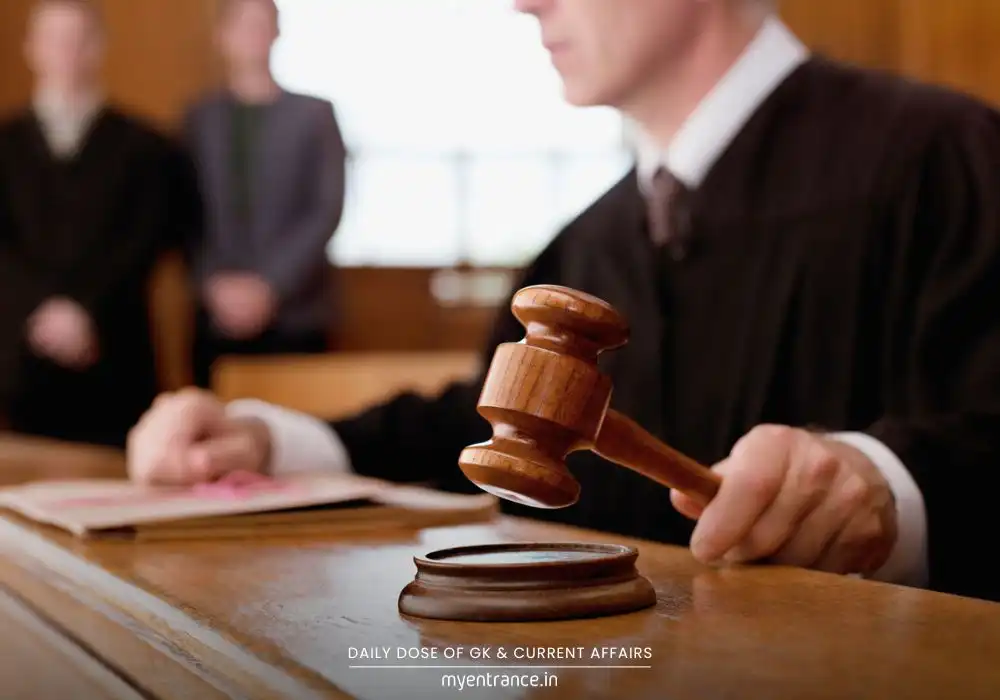
The Story Unfolds
In a significant development, the Supreme Court reserved its verdict on a plea by Allahabad High Court judge Justice Yashwant Varma. He challenged an in-house inquiry ordered by the Chief Justice of India (CJI) after cash was discovered at his official Delhi residence during an accidental fire. The SC bench, led by Justices Dipankar Datta and A.G. Masih, emphasized that the Judges (Protection) Act, 1985, empowers such inquiries to “maintain institutional integrity”—not to assign guilt.
Key Legal Arguments
Justice Datta cited Section 3(2) of the 1985 Act, clarifying it doesn’t shield judges from non-punitive actions like in-house probes.
The court stressed the inquiry’s purpose was never to investigate cash ownership but to uphold judiciary credibility. As Justice Datta told Varma’s counsel, Kapil Sibal: “Why invite us to debate whose money it was? That wasn’t the committee’s job.”
The term “otherwise” in the Act was highlighted to justify inquiries beyond criminal or civil proceedings—a safeguard for public trust in courts.
Broader Constitutional Context
Judicial Safeguards: The Constitution ensures judiciary independence through:
Security of tenure for judges.
Salaries charged to the Consolidated Fund of India.
Immunity from legislative debates (except during impeachment).
Accountability Mechanisms:
Judges can be removed via impeachment (under Articles 124(4) for SC judges and 218 for HC judges) for “proven misbehaviour” or “incapacity.”
The Judges (Inquiry) Act, 1968, and the 1997 “Restatement of Values of Judicial Life” enable in-house probes for misconduct.
Historical Backdrop: When drafting the Judges Inquiry Bill (1964), leaders like C.K. Daphtary insisted complaints must originate from MPs—not the executive—to prevent political interference.
Why Justice Varma’s Case Matters
This incident underscores two pillars of Indian democracy:
No one is above scrutiny—even judges face checks to prevent abuse of power.
In-house inquiries shield the judiciary from public trials, preserving its dignity while ensuring accountability.
Why This Matters for Exams
For UPSC, PSC, SSC, and KAS Aspirants:
Prelims Focus: Covers “Indian Polity and Governance” (e.g., Acts, Articles 124/218, impeachment).
Mains Focus: Fits GS Paper II (structure and functioning of the judiciary).
Thematic Links: Tests understanding of judicial independence vs. accountability—a recurring essay topic.
Current Affairs: Illustrates real-world application of constitutional provisions, often asked in interviews.
Questions & Answers on Judges (Protection) Act 1985
Q1: What grounds can trigger the removal of a High Court judge under the Indian Constitution?
A1: Removal requires “proven misbehaviour” or “incapacity” through impeachment by Parliament (Article 218).
Q2: True or False: The Judges (Protection) Act, 1985, bars in-house inquiries against judges.
A2: False. Section 3(2) explicitly permits non-punitive actions like in-house probes.
Q3: Which committee investigates misconduct complaints against higher judiciary judges?
A3: An in-house committee formed by the CJI under the 1997 “Restatement of Values of Judicial Life.”
Q4: How does the Justice Varma case reflect judicial accountability?
A4: It shows even sitting judges face inquiries to uphold institutional integrity, balancing independence with public trust.
Q5: Which constitutional articles govern Supreme Court judge impeachments?
A5: Article 124(4) (removal process) and Article 124(5) (enabling Parliament’s procedural rules).
Key Takeaways for Quick Revision
Judges (Protection) Act, 1985: Allows in-house inquiries to protect judiciary’s credibility.
Impeachment Process: Requires parliamentary majority with 2/3 support of those present and voting.
Constitutional Anchors: Articles 124 (SC judges), 217–218 (HC judges), and Judges (Inquiry) Act, 1968.
Big Picture: Courts prioritize institutional integrity—probes aren’t about guilt but preserving faith in justice.
Get 3 Months Free Access for SSC, PSC, NIFT & NID
Boost your exam prep!
Use offer code WELCOME28 to get 3 months free subscription. Start preparing today!
